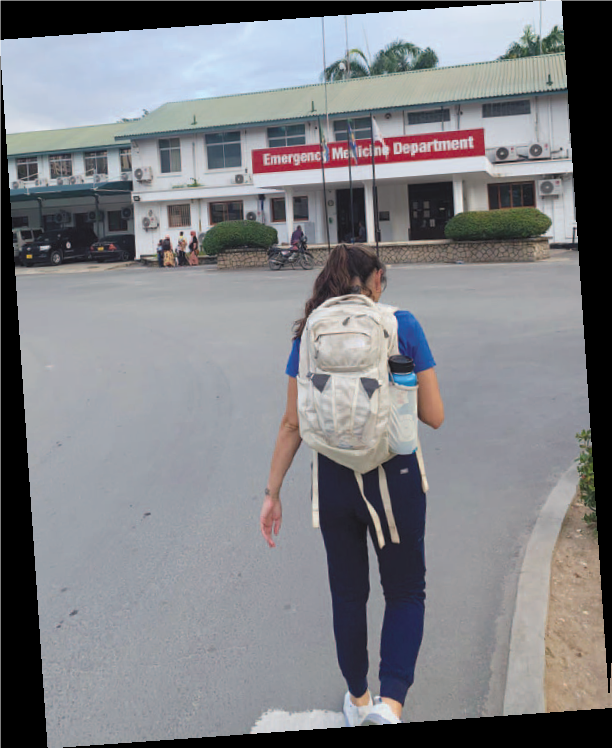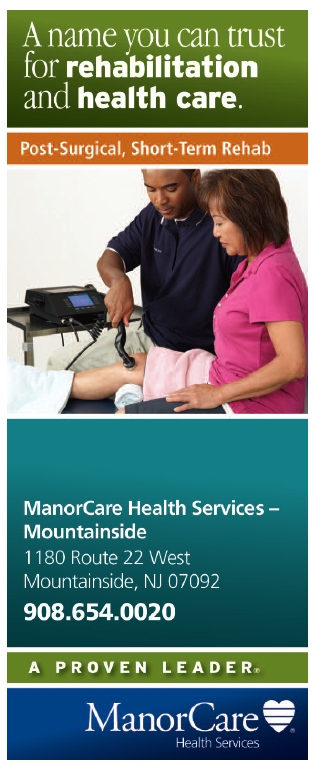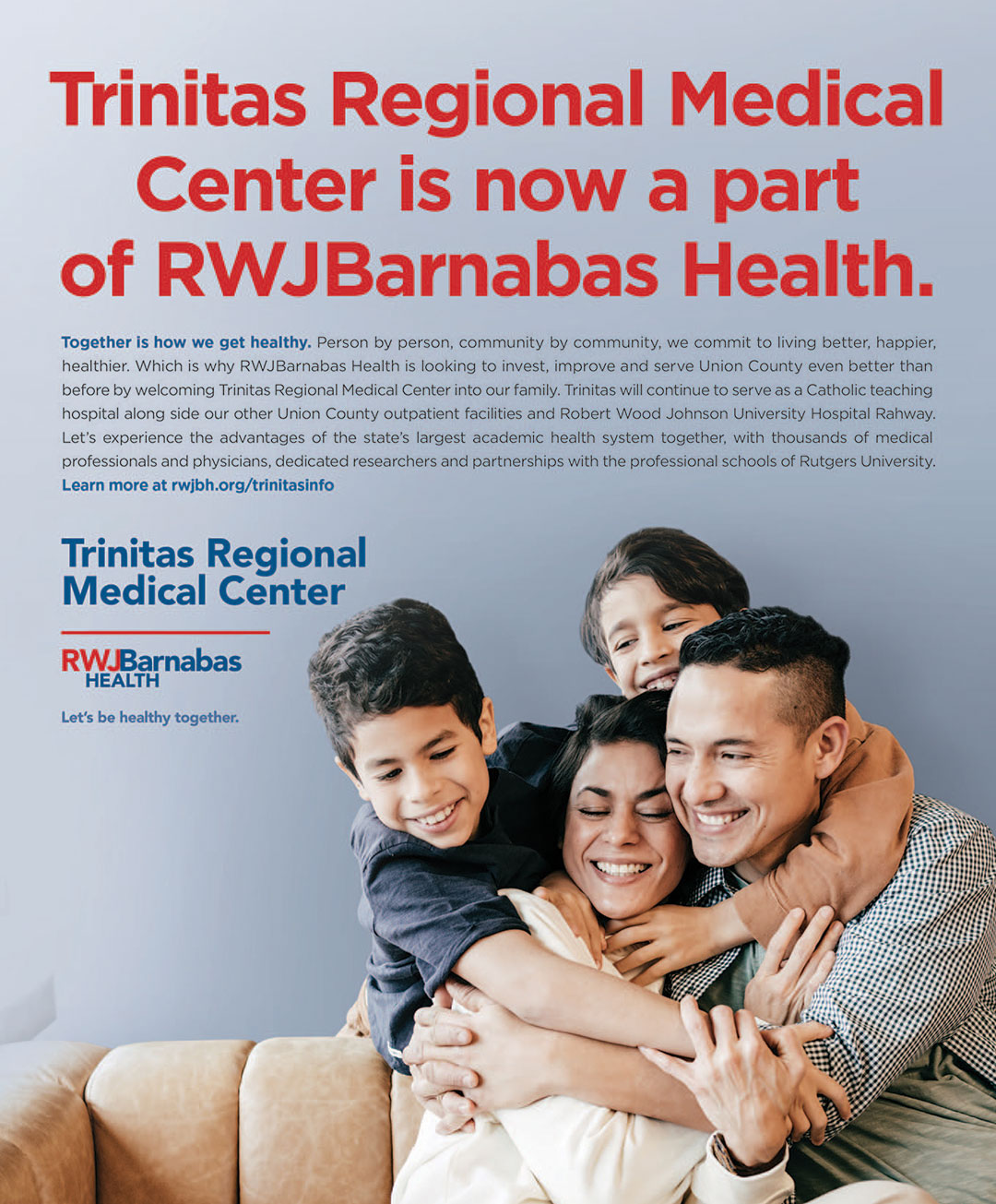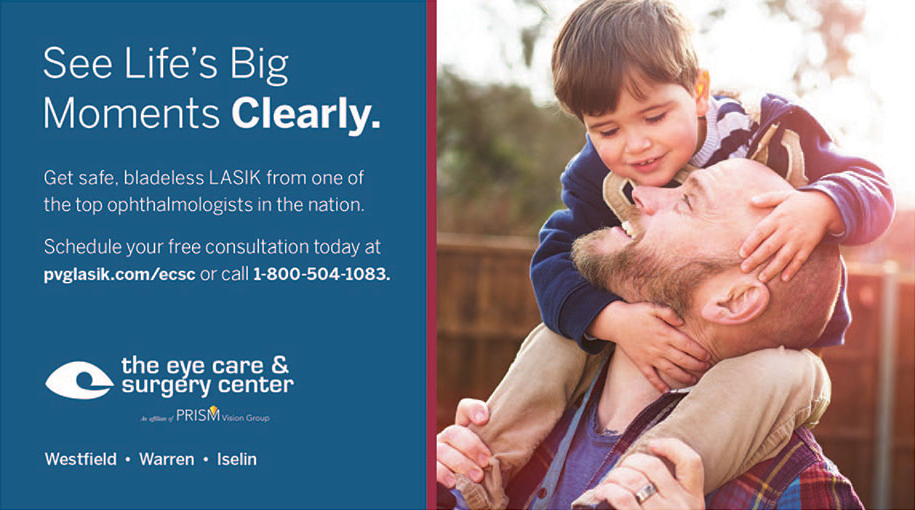My hands-on nursing adventure in Dar es Salaam.
Three planes. Thirty hours. Tired, nervous and excited, I collected my bags on a Saturday at Julius Nyerere Airport in Tanzania and prepared myself for my first day as an intern in the labor ward at Muhimbili University National Hospital in Dar es Salaam. I was one of 40 or so volunteer medical and nursing students sharing a house owned by Work the World, a program specializing in healthcare internships in Africa and Asia. My goal was to gain hands-on experience and clinical hours in obstetrics between semesters at the Trinitas School of Nursing. I was starting on Monday.
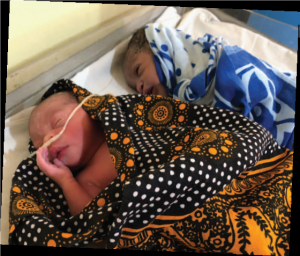 I think of myself as an adventurous person and I have done more traveling than most—to Southeast Asia twice, several countries in Europe, and Mexico several times. I am comfortable interacting with people and respectful of their cultures. I had never been to Africa, however, and was not familiar with Tanzania before I arrived. I was unsure what to expect, although I knew that the hospital where I would be working was not going to be comparable to anything we have here in the United States.
I think of myself as an adventurous person and I have done more traveling than most—to Southeast Asia twice, several countries in Europe, and Mexico several times. I am comfortable interacting with people and respectful of their cultures. I had never been to Africa, however, and was not familiar with Tanzania before I arrived. I was unsure what to expect, although I knew that the hospital where I would be working was not going to be comparable to anything we have here in the United States.
I am somewhat of a latecomer to nursing. I had been interested in the profession when I was 18, but it seemed really hard to me at the time and I questioned whether I could handle it. I went to college and earned a communications degree and then worked in the franchising industry for nine years.
When I was 29, my father was admitted to the hospital for an emergency triple-bypass. I worked remotely for several days from his hospital room and, while I was there, I talked with the nurses a lot. The whole experience with my dad (he pulled through and is doing fine) reignited my interest in pursuing nursing as a career. I started classes at Trinitas in January of 2020—great timing, yes, I know—and graduated in January of 2023.
I am the oldest sister in my family by 10 years and the oldest cousin by eight years, so I basically remember when everybody in my family was born. I found this more exciting than anything else in my life as a young girl. So as I started nursing school, I was interested in obstetrics and knew I wanted to go into labor and delivery. I conveyed this to my professors, who advised me to wait a year and keep my options open. But once we were in our semester of obstetrics, I knew that’s where I wanted to be.
Siblings are typically close together in age and don’t remember the experience of being in the hospital when their younger sisters and brothers are born. But I was 10 when I met my little sister, within an hour of her being born. I wasn’t in the delivery room, but I remember being there with my mom and holding her. She was so tiny. It is one of my core memories. I remember what I was wearing and what it smelled like there and the feeling of amazement of seeing this baby that just came into the world—and being amazed by my mom. Since then, I’ve always been interested in the birth experiences that women have.
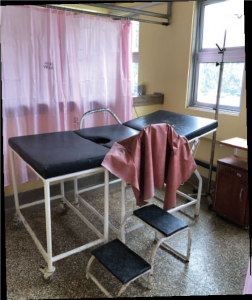 The first time I was in the delivery room at Trinitas, I really felt like I was part of a team. It all seemed very natural to me. The baby was born after a long, 24-hour labor. It was striking how much work the mother did, how exhausted she was, and how miserable she was while going through the most physically difficult thing she’ll probably do in her life—and then seeing that “switch” when she was holding her baby for the first time and how all that suddenly didn’t matter. She was happy and glowing and crying. And I was crying.
The first time I was in the delivery room at Trinitas, I really felt like I was part of a team. It all seemed very natural to me. The baby was born after a long, 24-hour labor. It was striking how much work the mother did, how exhausted she was, and how miserable she was while going through the most physically difficult thing she’ll probably do in her life—and then seeing that “switch” when she was holding her baby for the first time and how all that suddenly didn’t matter. She was happy and glowing and crying. And I was crying.
I have been in the room for a lot of births and delivered several babies myself since then…and I still cry every time.
I came across Work the World while searching for a summer labor and delivery internship. In Europe, where the program is based, midwifery is kind of parallel to nursing. In the UK, for instance, nursing students do not typically learn about women’s health. To gain that knowledge, they often volunteer for midwifery programs abroad. Here in the US, the nursing programs are more comprehensive and include obstetrics training, but students are only allowed to watch procedures, not get their “hands dirty.” Often, your first chance to put a learned skill to work may not come until your first job.
Sure enough, I received valuable clinical training working directly with patients and midwives, assisting in deliveries on a daily basis. I was able to do things that nursing students here just don’t get to do. For instance, we had to take a phlebotomy course, I learned how to start IVs there, I administered oxytocin to induce labor, and I learned how to handle all types of monitoring. I delivered four babies and scrubbed in on five c-sections. One of my deliveries was breech and another involved shoulder dystocia. Each mother of these four babies I had supported throughout her labor, from two to 10 hours. There were other mothers for whom I was there during all stages of labor. After delivery, I was constantly assessing the mothers and the babies. They were my patients.
The midwives ran the show in the labor ward at Muhimbili Hospital. Most were very caring and nice toward the mothers, but there were a couple who regarded their patients as being uncooperative when they were just in a lot of pain. There are no epidurals and no pain medications available for mothers there and when they yelled the midwives would sometimes yell back. Some practices I witnessed would be unheard of and unacceptable in the US, and I found them very upsetting at times. But I wasn’t there to criticize how they treated their patients. I was there to learn.
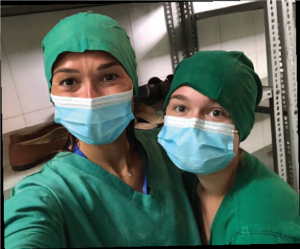 Along with the learning opportunity came certain challenges for which it turned out I was unprepared. Resources we take for granted here are scarce to non-existent. For example, we had one fetal heartrate monitor for the whole floor, no IV pumps, and there were no individual rooms for the patients. Each area was divided into bays by plastic curtains. In each bay was a bed, a stool and an empty nightstand. Patients brought their own supplies to the hospitals—including sheets, pillows and drinking water. The only thing provided was a basic Foley catheter. The different wards in the hospital were connected by outdoor walkways. There were few if any doors separating inside from outside, including in the surgical ward.
Along with the learning opportunity came certain challenges for which it turned out I was unprepared. Resources we take for granted here are scarce to non-existent. For example, we had one fetal heartrate monitor for the whole floor, no IV pumps, and there were no individual rooms for the patients. Each area was divided into bays by plastic curtains. In each bay was a bed, a stool and an empty nightstand. Patients brought their own supplies to the hospitals—including sheets, pillows and drinking water. The only thing provided was a basic Foley catheter. The different wards in the hospital were connected by outdoor walkways. There were few if any doors separating inside from outside, including in the surgical ward.
Another surprise was that I was the only American in the program. Most of the people living in the residence were from the UK or Europe. There were a couple of people from Australia and a couple from Turkey. There was a lot of change over. Every week new people were coming in. There were eight of us that came in my week. We stuck together and became pretty close, and we’ve all kept in touch.
Every morning we would travel to the hospital in little three-wheeled taxis called tuk tuks. The culture in Dar es Salaam (the translation of which, by the way, is Abode of Peace) caught me off-guard a couple of times, especially the way women are regarded. Where the hospital was located in the city wasn’t a very touristy area and—as a group of independent, educated women without a man present—we were not always treated respectfully by the local people. It was the first time in all my travels that I felt that uncomfortable.
In the hospital, however, I was completely in my element. When there were issues that needed to be addressed quickly, I proved to myself time and again that the training I was receiving at Trinitas would kick in when it was needed. I could step up and do what I had to do in the moment when there was no time to think about it. When we had a post-partum hemorrhage, for instance, I knew exactly what I had to do to start IV lines and get fluids into the patient in order to get her into surgery. I jumped right in and did it like it was second nature.
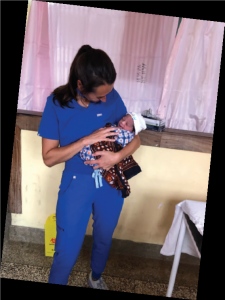 In Tanzania, I gained tremendous confidence being put in situations that I had only learned about in a lecture. During my time at Muhimbili University National Hospital, I was able to apply absolutely everything I learned at the Trinitas School of Nursing to my patients in Tanzania—and I know that everything I learned in Dar es Salaam I will bring into my future nursing practice.
In Tanzania, I gained tremendous confidence being put in situations that I had only learned about in a lecture. During my time at Muhimbili University National Hospital, I was able to apply absolutely everything I learned at the Trinitas School of Nursing to my patients in Tanzania—and I know that everything I learned in Dar es Salaam I will bring into my future nursing practice.
In nursing school, you get so much information that occasionally you wonder whether, when the task is in front of you and you need to help somebody else, Will I be able to do it?
When you get that chance and your instincts kick in and you do the right thing, afterwards it’s a really good feeling.
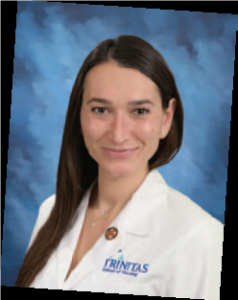 Editor’s Note: Alexandra Redmond will be taking her boards early this year and hopes to be working in a neonatal intensive care unit (NICU) in 2023.
Editor’s Note: Alexandra Redmond will be taking her boards early this year and hopes to be working in a neonatal intensive care unit (NICU) in 2023.

